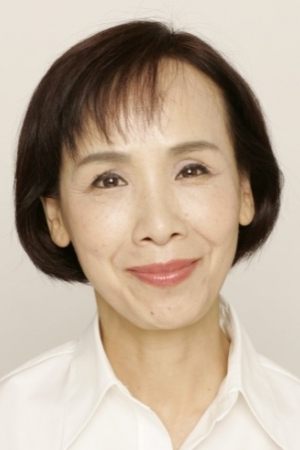
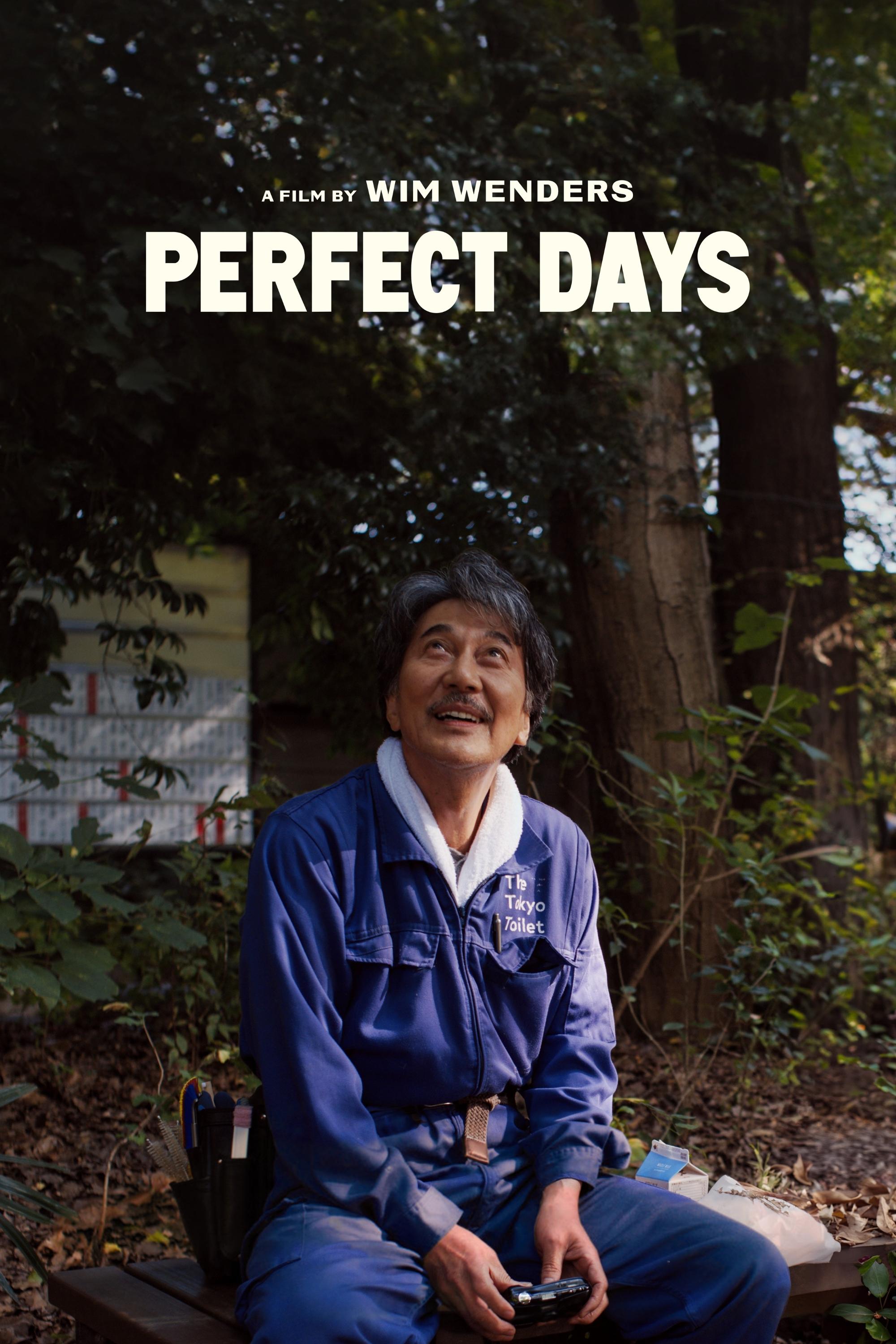
Hirayama is content with his life as a toilet cleaner in Tokyo. Outside of his structured routine, he cherishes music on cassette tapes, books, and taking photos of trees. Through unexpected encounters, he reflects on finding beauty in the world.
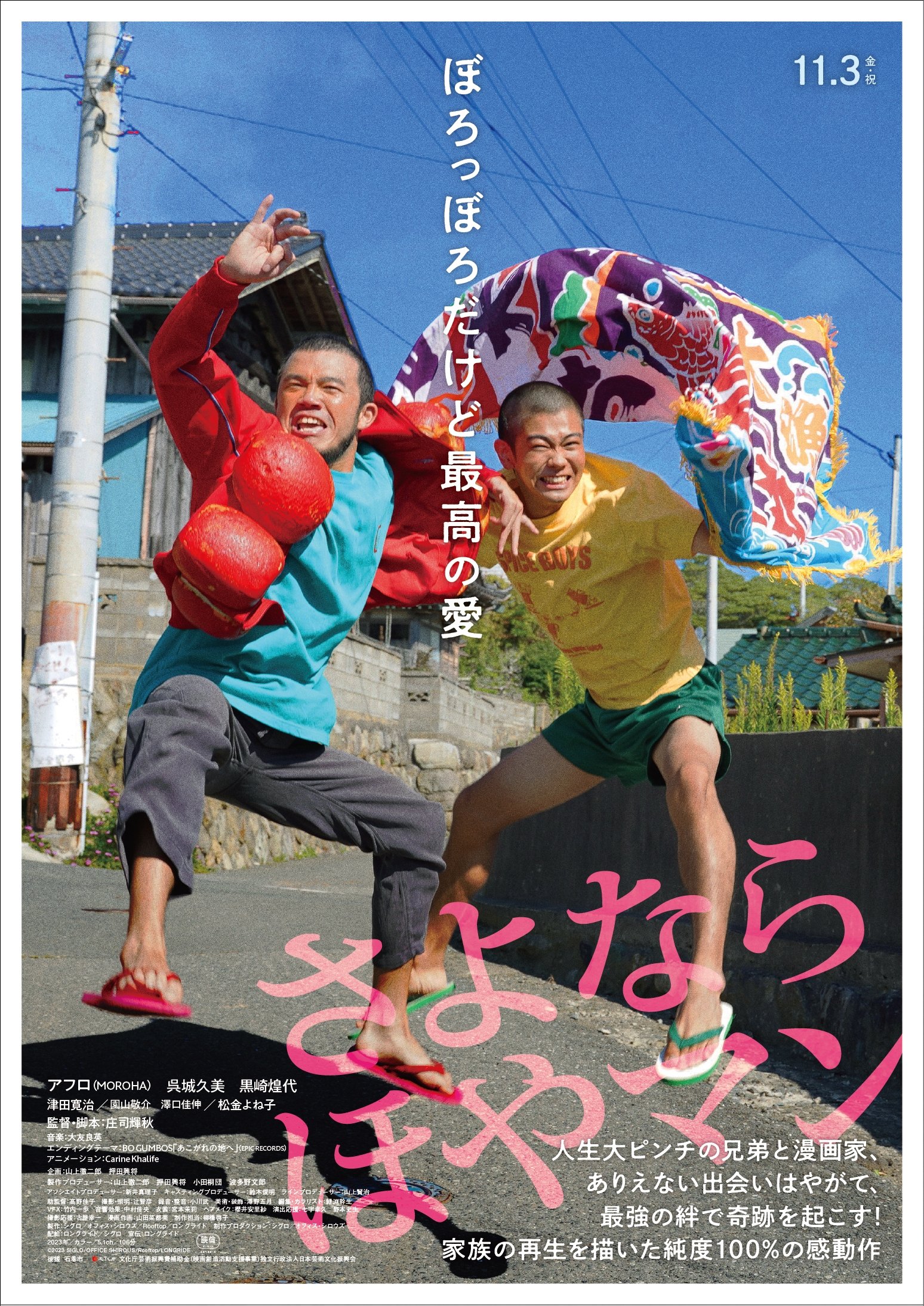
Set on a remote island in Ishinomaki, Miyagi Prefecture, this human drama depicts the strange shared life and family rebirth of two fisherman brothers and a manga artist from Tokyo.
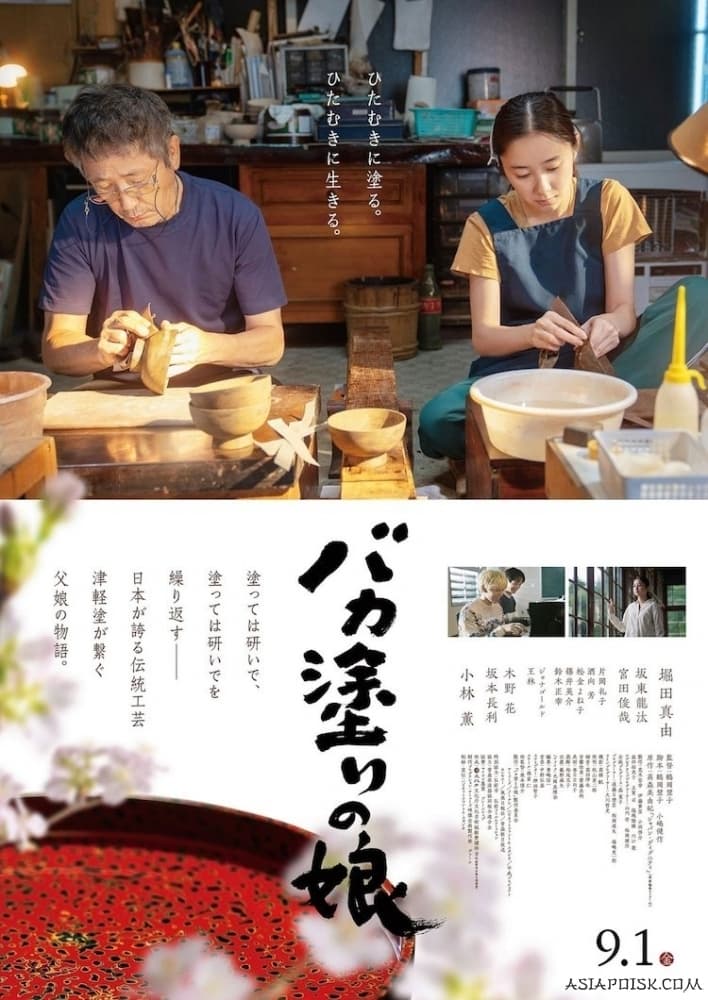
Keiko Tsuruoka’s film is at once traditional and contemporary: it gently mixes present-day gender and sexuality politics with the old-fashioned Japanese domestic drama. Traditional lacquerwork kitchenware is the Aoki family’s legacy, handed down to patriarch Seishiro (Kaoru Kobayashi) by his now-ailing father (Masayuki Suzuki). Seishiro expects to pass it in turn to his son Yu (Ryota Bando), but Yu has no interest in the craft—quite unlike daughter Miyako (Mayu Hotta), who loves it dearly. The stage is set for conflict, as established cultural traditions collide with modern mores…
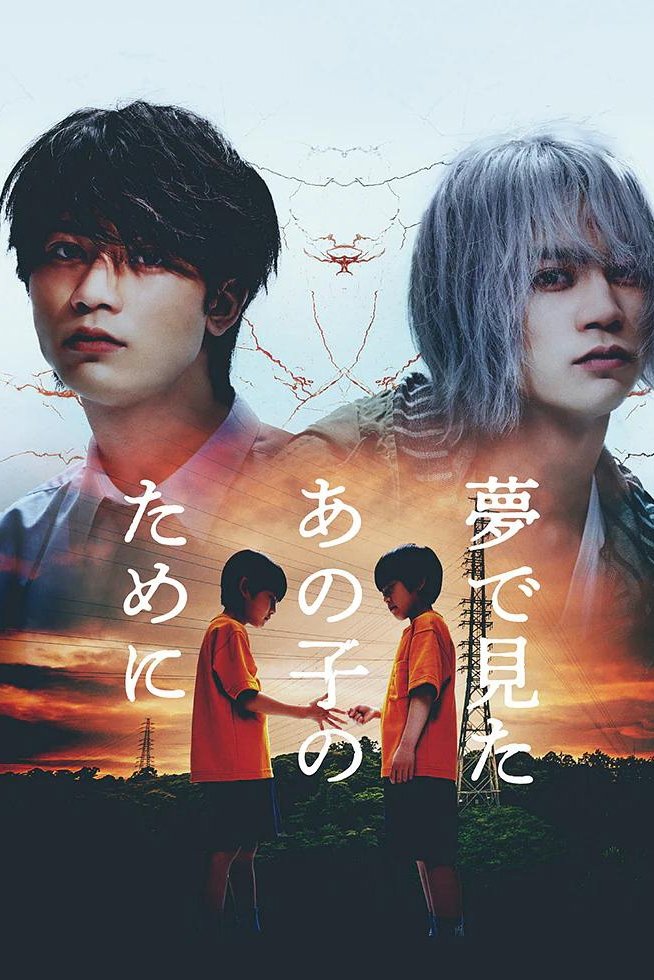
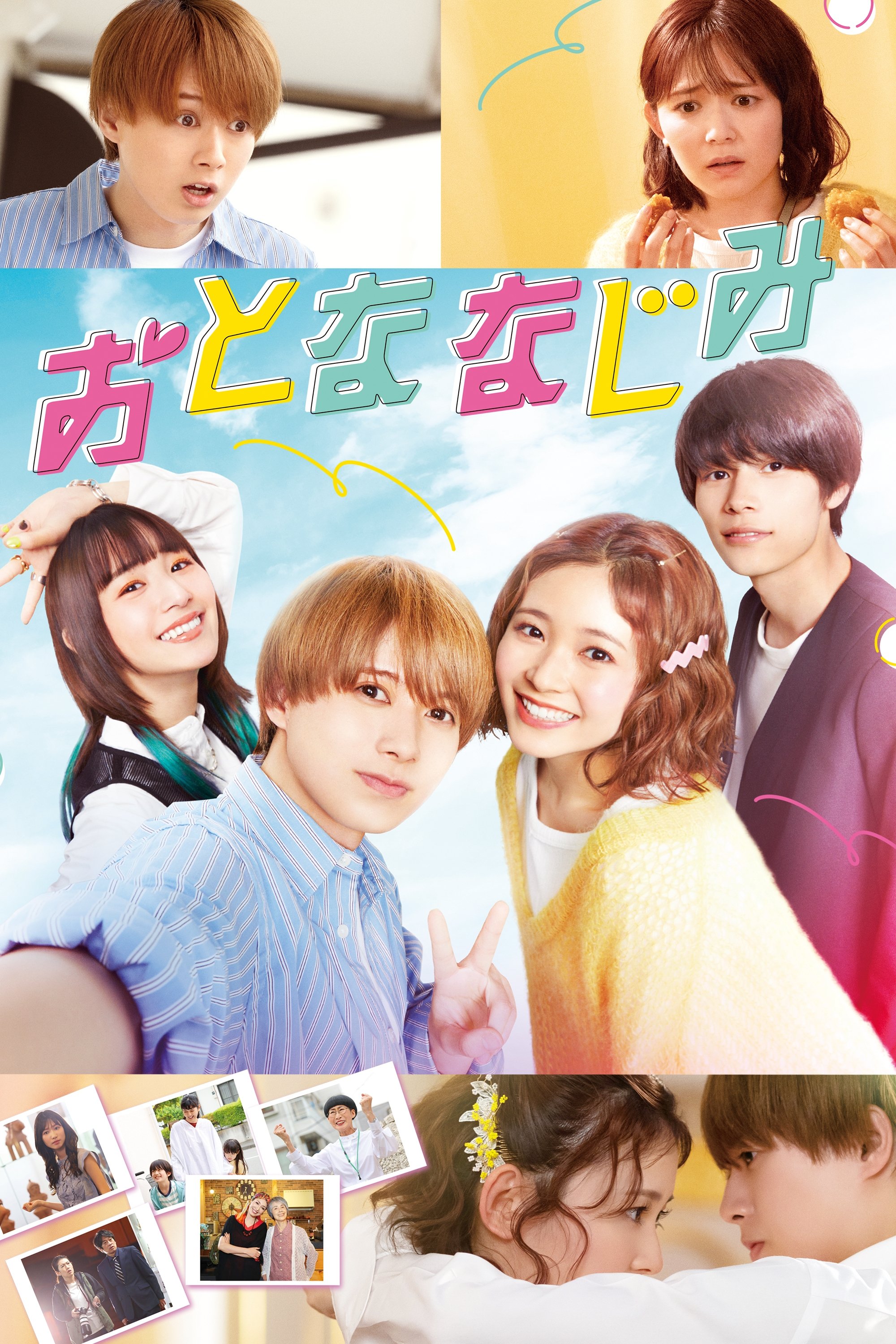
Aoyama Haru and Kagaya Kaede have been friends since they were 4 years old, when they began living next door to each other. They are now 24-years-old and still live in the same apartments. Kaede has held feelings for Haru for the past 20 years, but Haru doesn’t seem to realize her feelings for him. She talks about this situation with her childhood friends Iori and Mio and decides to give up on her feelings for Haru. But, it's not easy for Kaede to disconnect her feelings for him. Meanwhile, Iori has liked Kaede since he was an elementary school student. He approaches her. Seeing this, Haru becomes disturbed. In fact, Haru made a promise with Kaede’s late mother and he is honoring it.
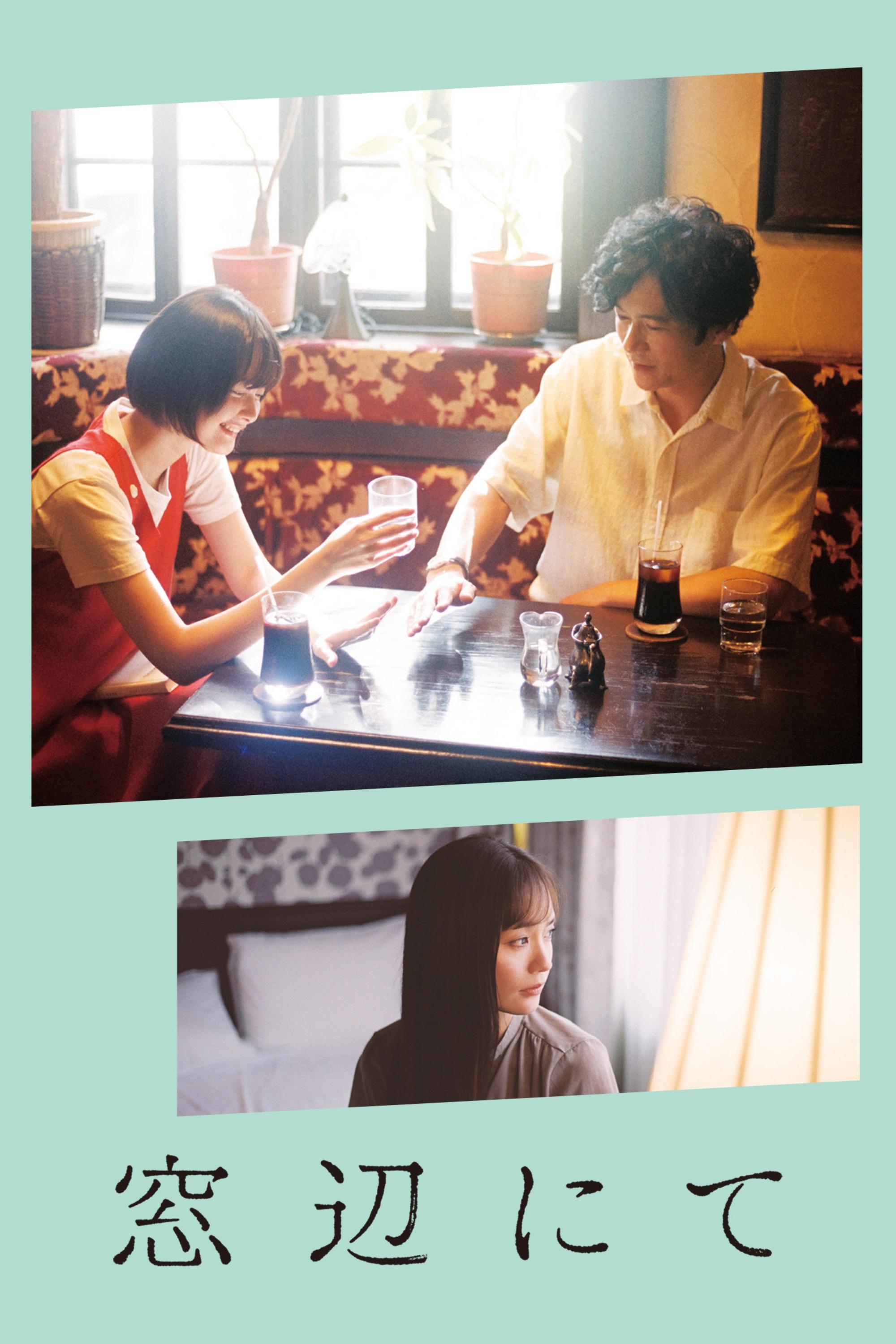
Inagaki Goro plays a freelance writer married to his editor wife (Nakamura Yuri), who he discovers is having an affair with the popular novelist she is responsible for at work. Although troubled, he can’t bring himself to confront his wife. He later meets a high school novelist at a literary award ceremony, and–drawn to the award-winning book–he inquires about the model it’s based on, thinking he’d like to meet that person…
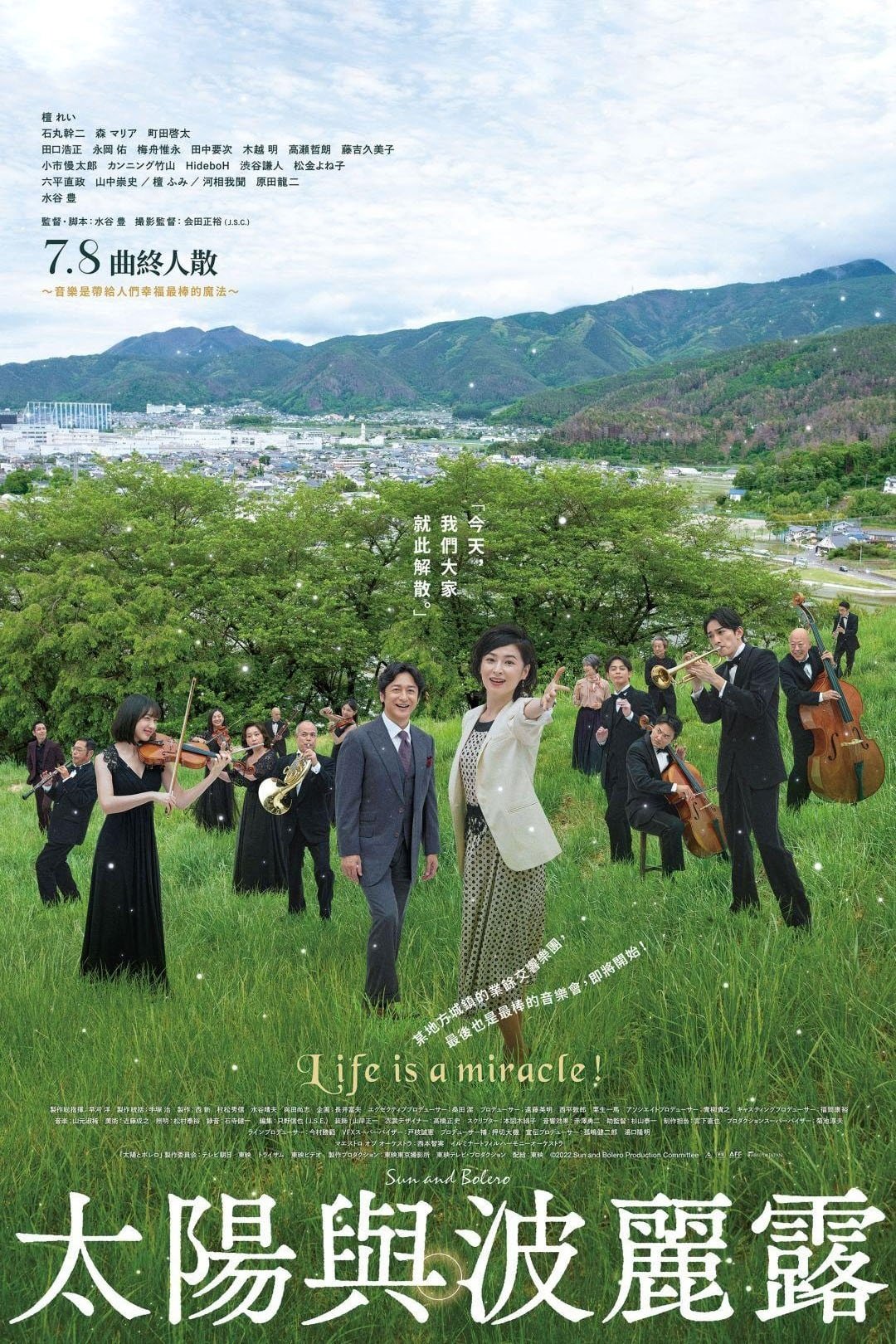
Starring Rei Dan, this is the third film directed by Yutaka Mizutani. Riko Hanamura (Rei Dan) is the leader of a local amateur symphony orchestra, which has been active with members who love music very much. However, Riko is not doing well, and she finally decides to disband the orchestra after 18 years of operation. She plans to hold the last farewell concert...

Sawako worked as an emergency physician at a university hospital. Due to to a situation, she returns to her father Tatsuro's home in Ishikawa Prefecture. She then begins to work at the local Mahoroba Clinic. She works with the clinic director Toru, Nurse Mayo and staff Seiji. Seiji, who worked with Sawako at the university hospital, followed her and works with her again. Mahoroba Clinic provides home healthcare to patients. Sawako visits the patients' homes and provides treatment there. At first, she has a hard time due to the different system. She becomes acclimated to the different system and finds a way to deal with the patients, their lives, and their families. --asianwiki
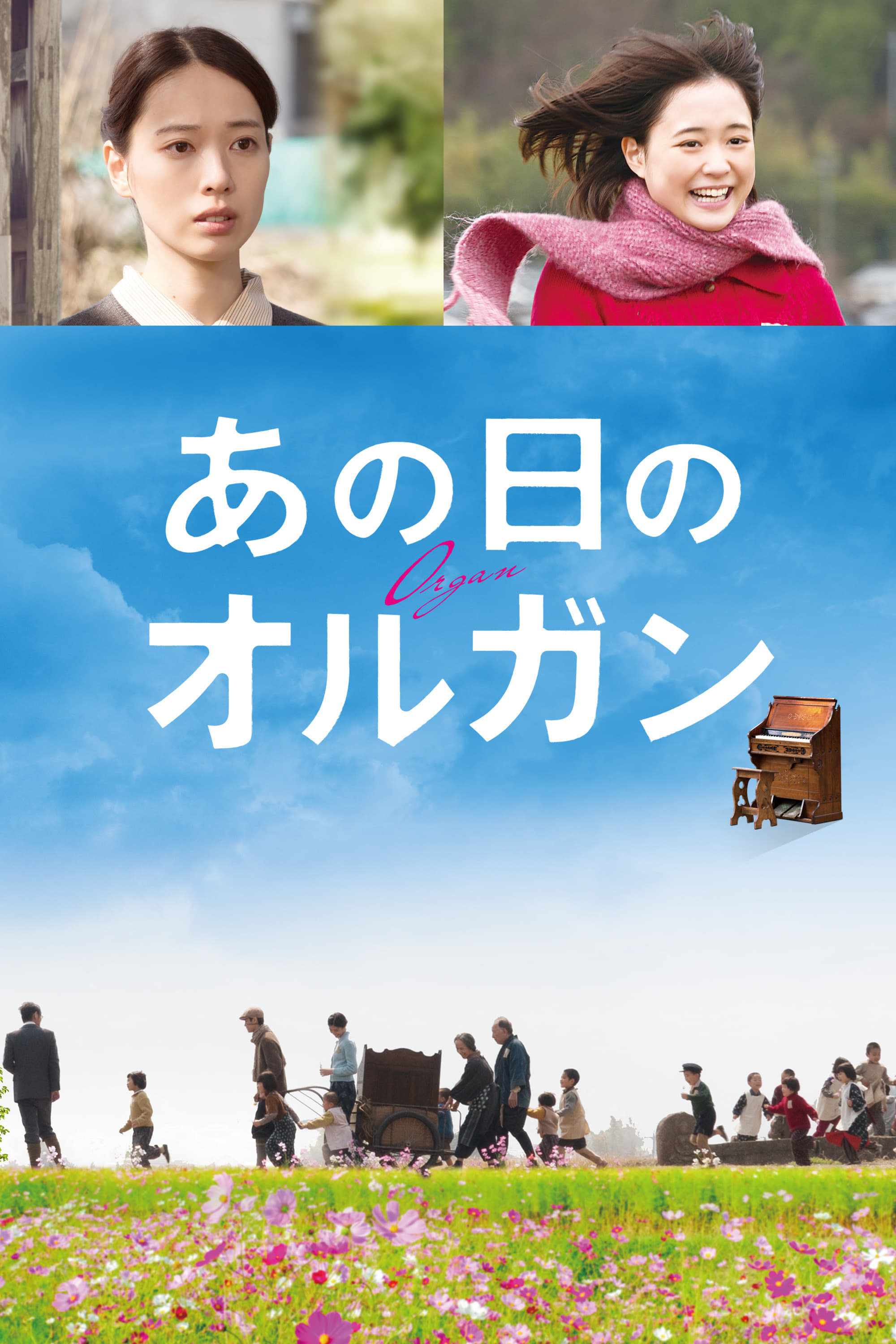
Set towards the end of World War II, Kaede Itakura, who leads kindergartners, and Mitsue Nonomiya, who enjoys music, persuades the parents at the school to take their children out of Tokyo. They seek shelter at an abandoned temple in Saitama while Tokyo is bombed.
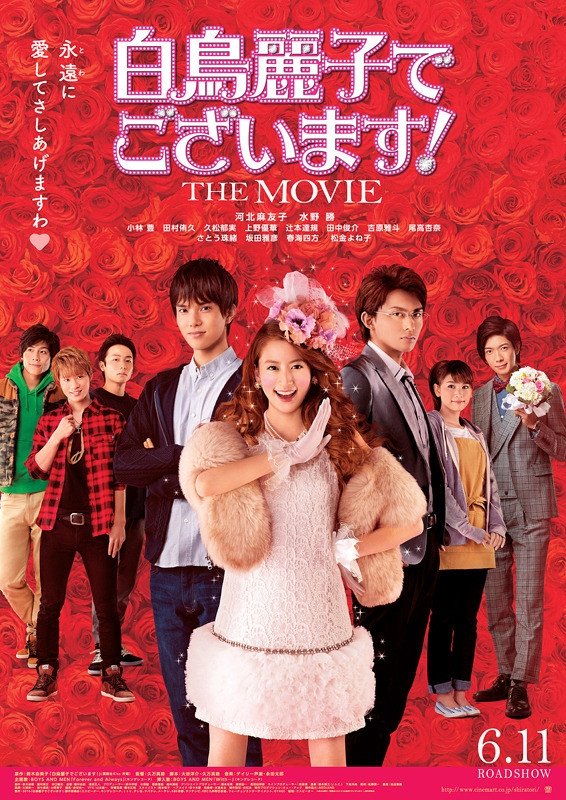
Japanese TV drama Shiratori Reiko, which is based on the original Shiratori Reiko de Gozaimasu! shōjo manga by Yumiko Suzuki, will be receiving a feature length theatrical film in June of 2016.
By browsing this website, you accept our cookies policy.